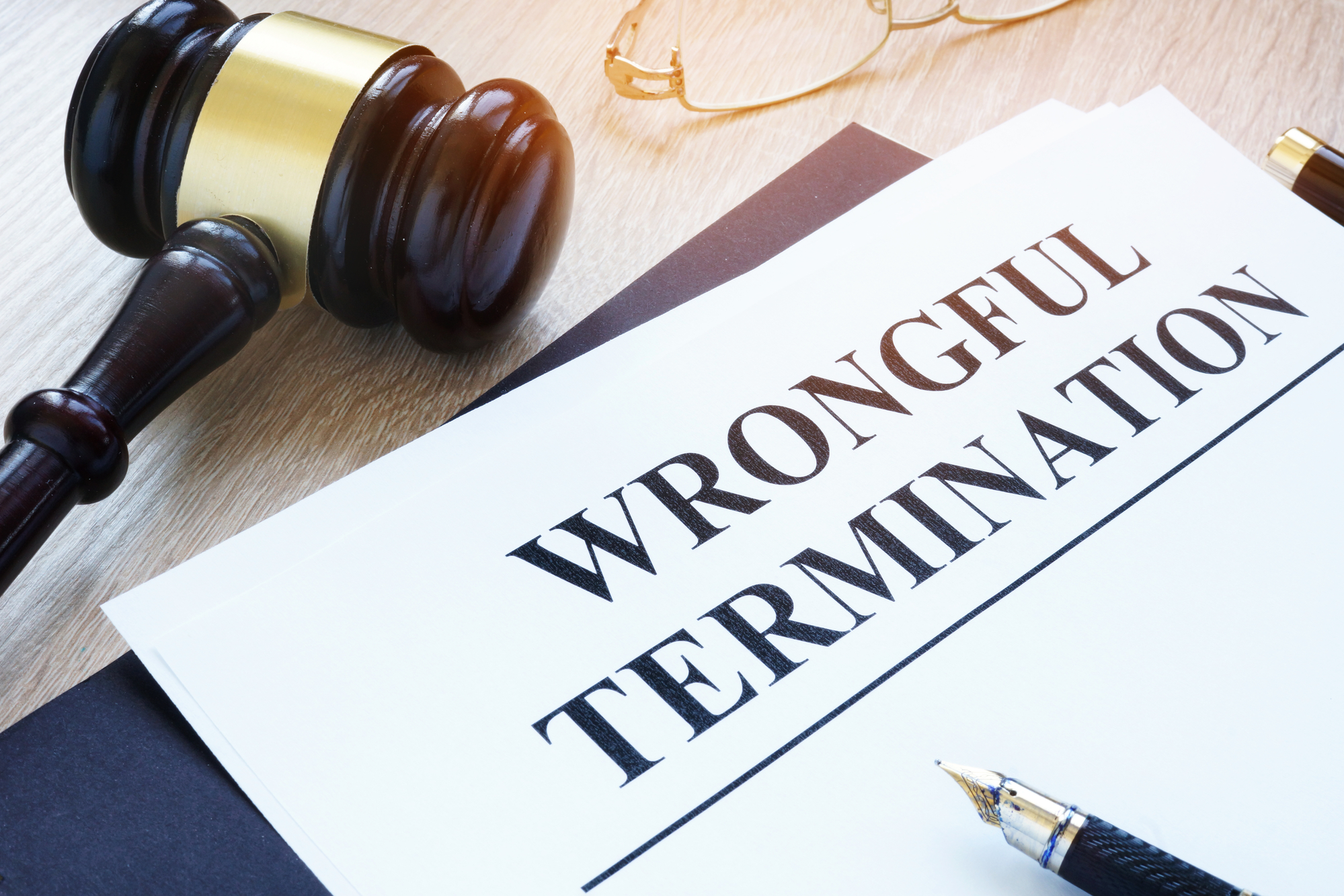How Does Workers’ Compensation Affect Your Retirement Benefits?
If you suffer a serious injury at work as you approach retirement age, how will your workers’ comp benefits affect your retirement plans? Everyone’s situation is unique, so your first step should be seeking personalized advice from an Inland Empire workers’ compensation lawyer.
The law in California requires employers to have workers’ compensation insurance even if there’s only one employee. If you’re injured at work, whether you are approaching retirement age or working past your retirement age, you’ll probably qualify for workers’ comp benefits.
In California, What Does Workers’ Compensation Cover?
Workers’ compensation protects employers against personal injury lawsuits employees might otherwise pursue. Employees injured on the job receive benefit payments without having to take any legal action or prove that an employer was negligent and is therefore liable for the damages.
If you’re injured on the job in the State of California, or if you are diagnosed in this state with a job-related illness, your workers’ compensation benefits may include:
- medical care and treatment for your job-related injury or illness
- temporary disability benefits to replace some of your lost wages while you recover, and
- permanent disability benefits if you are not able to recover fully
- retraining or rehabilitation if you are unable to return to unrestricted work.
Medical care and treatment may include doctor visits, surgeries, hospital stays, and prescription medications. Workers’ compensation also offers vocational rehabilitation and job placement services, and it provides death benefits to the survivors of workers fatally injured on the job.
Who May Receive Workers’ Compensation Payments After Retirement?
If you receive workers’ compensation benefits, the way you retire determines whether or not you can keep getting some of those benefits. When you retire voluntarily, you waive your eligibility for some of the worker’s comp benefits you may have been entitled to while employed.
Under federal law, employers cannot mandate a retirement age for most jobs, but many employers use a variety of tactics to pressure older employees into retirement. You might be offered an attractive retirement package that expires if you don’t take it quickly, for example.
There are several reasons an employer may pressure someone into retirement, ranging from poor health or disability to the employer’s need to downsize. However, you may be eligible to receive more workers’ comp benefits if you’ve been pressured by your employer to retire.
Again, everyone’s situation is unique. If you’re now receiving workers’ comp benefits and you are retiring, voluntarily or under pressure, discuss your rights and options with a Southern California workers’ compensation attorney who offers the personalized advice you’ll need.
Will Your Retirement Benefits Be Reduced?
If you are now receiving workers’ comp benefits, you may continue to receive benefits after you reach retirement age. You may also file a claim for workers’ comp after your full retirement age if you’ve continued working and you can prove that your illness or injury is job-related.
Of course, when you retire, you are going to need substantially more income than workers’ compensation will provide by itself. Will your California workers’ comp benefits reduce the amount of the Social Security retirement benefits you receive?
Social Security retirement benefits are not reduced (or “offset”) when you receive workers’ compensation benefit payments. Instead, California has established a workers’ comp offset that applies only to Social Security disability benefits and not to Social Security retirement benefits.
When Do You Qualify for Social Security Retirement Benefits?
You may receive Social Security retirement benefits at age 62, but your monthly payment amount will be reduced. If you do not take benefits when you reach full retirement age (age 66 or 67, depending on your birth date), your benefits will continue to increase until you reach age 70.
Early retirement will provide you with a lesser monthly Social Security payment, but again, everyone’s personal and financial circumstances are unique. If you receive (or qualify to receive) both workers’ comp and Social Security retirement benefits, consult a Southern California workers’ compensation attorney to discuss the retirement options that may be right for you.
If you receive Social Security disability benefits rather than Social Security retirement benefits, the total amount of workers’ comp and Social Security disability benefits combined cannot surpass 80 percent of your average earnings before you became disabled, and your Social Security disability benefits may be reduced (offset) accordingly.
Take These Steps at Once if You Are Injured at Your Workplace
If you’re injured in an accident at your place of work, report the injury to your employer at once and seek prompt medical treatment. If you’re diagnosed with a work-related injury or illness, to be eligible for workers’ comp, you must report the diagnosis to your employer within thirty days.
Your employer will provide a California workers’ comp claim form. Complete it accurately and return it immediately to begin the workers’ comp claim process. Your employer will file the form with the insurance company that provides the employer’s workers’ comp coverage.
That insurance company should contact you about your claim’s status within fourteen days, but coverage for immediate medical treatment may be authorized while your claim is being processed.
If your workers’ compensation benefits claim is denied, you’ll probably receive a denial letter within ninety days. If your claim is denied, or if you are not contacted within ninety days, promptly arrange to discuss your claim with an Inland Empire workers’ compensation lawyer.
Espinoza Law Group Knows How to Maximize Your Benefits
Inland Empire attorney Ruben R. Espinoza represents Southern California’s injured and disabled workers. He knows how to win the workers’ comp benefits that injured workers need, and he brings his considerable experience and legal skills to every case and every client.
Espinoza Law Group offers free case screenings and proudly serves all Southern California communities. If your claim for workers’ compensation benefits is rejected, or if your workers’ compensation or Social Security retirement benefits are reduced for any reason, call Espinoza Law Group at once.
You’ll receive the personalized advice you need, and if legal action is required, attorney Ruben R. Espinoza will take that action on your behalf. To learn more, or to schedule a free case screening, call Espinoza Law Group at 213-667-0701. Se habla español.





